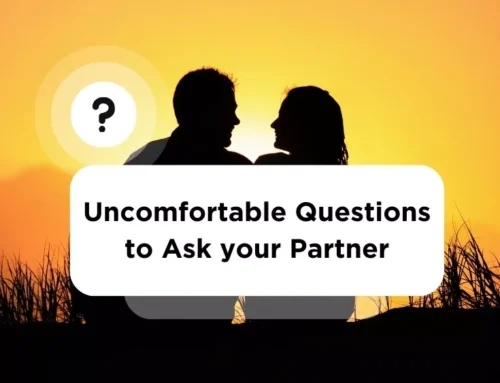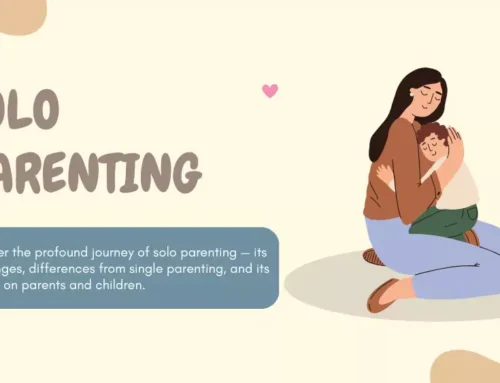
Ever encountered an individual who can get an entire room laughing within seconds? No magic wand, no script in the know, only real, true humor. Becoming adept at making someone laugh is not limited to stand-up comedians or meme lords.
Anyone can learn to make someone LOL. And the best part: laughter isn’t just a blast, it’s a medicine. According to science, laughter not only produces feel-good hormones like endorphins but also relaxes, fosters healthier relationships, relieves stress, and even boosts your immune system.
Whether you’re wondering how to make your friend laugh after a rough day or just looking for clever ways to make people giggle at work or school, stick around. I’ve got research, tried-and-tested methods, and some surprisingly deep insights on humor coming your way.
The Science of Humor (Why It Works)
Let’s get a little geeky now that we’ve cleared it out. In an interesting article published by Harvard Business Review, humor, particularly self-deprecation and in-jokes, creates instant social bonding and trust (HBR, 2020). Humor becomes effective because it conveys intelligence, warmth, and friendliness.
Even better? Studies from the University at Buffalo revealed that humor is a learned skill. Comedian Daniel Greenstein explains how practicing joke setups, comedic timing, and relatable observations can actually make people laugh more consistently.
6 Funny Things that Make you Laugh out Loud
Let’s dive into the techiniques and tricks to make someone fun.
1. Master the Art of Timing and Relatability
It’s not always a matter of funny things to say to friends to make them laugh, it’s when you say them. Do you have a friend who’s quiet and introverted? Keep waiting for those intimate, low-key moments. Write your jokes around their passions or shared experiences.
Pro Tip: When your friend is experiencing friendship anxiety, laughter is tension-reducing. Inside jokes strengthen sentiments of security and confidence. Building solid friendships takes more than humor though; it’s also about understanding what you both want out of the relationship. It’s not just about anxiety, it’s about struggling to build connections in general.
2. Leverage the Power of Self-Deprecation
Nothing unites like the sound of you laughing at your own ineptitude. By kidding yourself (nicely), you are modest. Just don’t go too far, it’s not self-annihilation.
A pinch of self-deprecation, along with things to say to your best friend that will make them smile, will melt even the ice.
3. Sarcasm (With Caution)
Sarcasm is hot sauce, tasty but toxic in excess. Sarcastic humor can be great for creative problem-solving, provided there is a basis of trust among friends. Exercise caution if the friend is shy or sensitive.
Friendly Tip: If you’re still learning about different kinds of friends, start with a small introduction before jumping right in with all your Chandler Bing enthusiasm. And if low-key, drama-free friendships sound more your style, low-maintenance friends are the ones who’ll get your humor and your need for space.
4. Physical Comedy and Expressions
Wondering how to make someone laugh without speaking? Body language is your best friend. Sticking out your tongue, eye-rolling to excess, or ridiculous gesturing is far more likely to bring guffaws than words. Particularly great with young crowds or friends who adore goofy energies.
5. Ask Ridiculous, Funny Questions
Curiosity kills comedy. Begin firing off silly, absurd questions for friends, such as, “If we were llamas, how many years would we live during a zombie apocalypse?” Strange? Yes. Is it effective? Absolutely.
Also, these silly conversations may assist shy friends in coming out of their shell, apart from its magic in defusing friendship anxiety. Sometimes, you just need somewhere to meet people in the first place. Apps for teens to make friends open up that door for shy teens who want friendships with people who just get them.
6. Roast, With Love
Playful teasing has the potential to cause belly laughs, but always with affection. Never tease friends with mental health problems or a fear of friendship. Let the jokes be light, and intersperse them with compliments so the mood is not disrupted.
Bonus Tip: Humor Keeps Fake Friends Away
Humor can expose real ones. If a person is unable to endure your joking or is constantly teasing you in return, then it is time to deal with fake friends. Your energy is deserving of better. You deserve to be with someone who makes you happy, whether that’s friends, family, or relationships that lift you up instead of bring you down.
Laughter & Mental Health Go Hand in Hand
It’s about emotional connection, not simply comedy. Laughter, especially with friends, supports better mental health. Teens dealing with social pressures can benefit from mental health apps for teens combined with strong, fun friendships. And let’s be honest, part of that balance means understanding the good and bad of being online constantly.
Even the National Institutes of Health (NIH) highlights humor’s positive effect on emotional well-being, adding another solid reason to bring laughter into your daily life.
One of the finest pieces of advice, actually? Be Your Own Best Friend. When you’re comfortable laughing at yourself, others will join in naturally.
Final Thoughts
How to be funny is not to memorize a string of one-liners, but to create a feeling of well-being, familiarity, and understanding in others. It’s a soft skill, empathy with punchlines. The next time you’re stuck on how to make people laugh, just recall: timing, sincerity, and a bit of absurdity do the job. Now go forth and share those good vibes.






